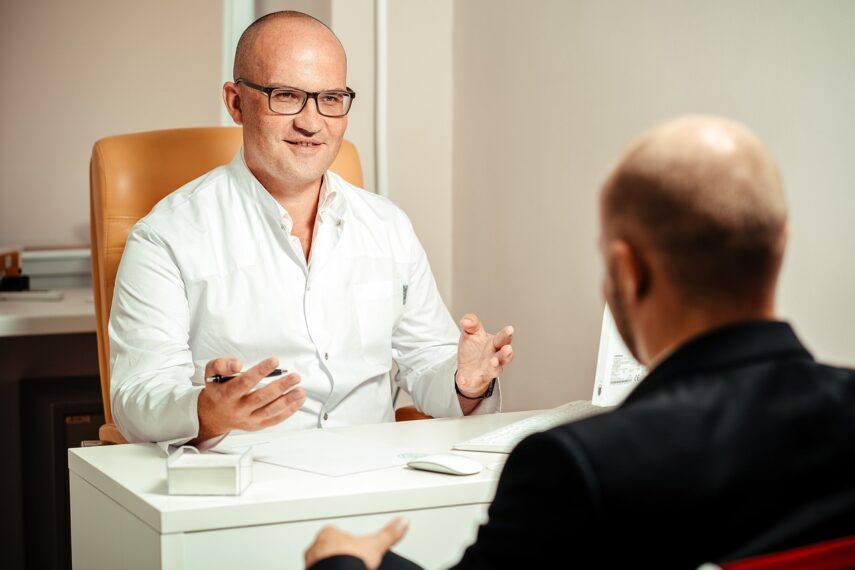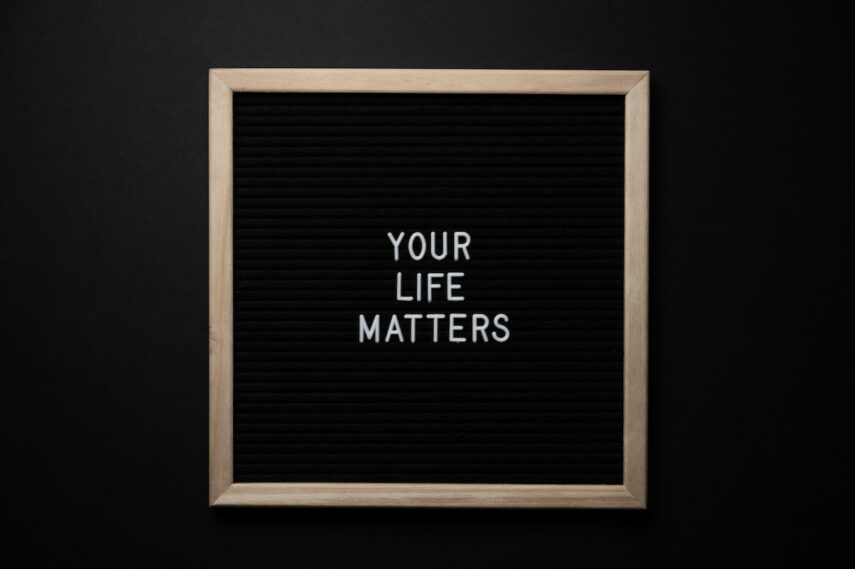We live in a broken world full of broken people. That surprises nobody. Turn on the local news and you will find countless stories every day that exemplify the ills of society, from drug abuse to homicide to kidnapping, and the list continues. Think of how recently you last saw a homeless person—or people. No wonder this generation feels plagued with anxiety and depression.
So how do you address this present concern of mental health? Every trade solves a problem. Plumbers fix leaks. Electricians fix shortages. Welders repair machinery. Civil engineers build bridges. But what adequately brings a mental health crisis to an end? What trade fixes a problem that complicated? Does medication suffice, or does this necessitate something else?
Many individuals who suffer from mental health can benefit from medication, such as anti-depressants. However, other challenges and disorders require various forms of therapy with a licensed professional, such as a clinical psychologist. However, what does a clinical psychologist do, or what exactly does clinical psychology entail?
Clinical Psychology In A Nutshell

This practice encompasses a comprehensive proficiency within the field of psychology that delivers a thorough service to individual patients and even families wrestling with addictions or disabilities. Your work as a clinical psychologist includes cognitive therapy, behavior therapy, developmental therapy, and psychoanalytic therapy.
Clinical psychologists work directly with patients, usually at a clinic, and study individuals through conversation, experimentation, and observation, all within the framework of promoting change. Of course, clinical psychologists can’t impose that change on their patients. The individual must want to change and come to the sessions with the intention of change.
Lots of students obtain their undergraduate degree and then consider graduate school to continue their education and specialize in something directly or tangentially related to their bachelor’s program. Though many students might regret their decision if they pursued graduate school with good intentions but for the wrong reasons, let’s discuss the right reasons.
1. You Get To Really Help People With Anxiety

You can help people in many different ways. Sometimes the simple things matter just as much. Help a neighbor mow the lawn. Guide an elderly person safely across the street. Tutor a young student in arithmetic or reading. These small deeds make a difference in others’ lives and they do not require extensive research or higher education.
However, if you enjoy the more complex problems of humanity that require more focus and ruminating, then your desire to assist patients with anxiety or depression will justify those six extra years of graduate-level schooling in psychology.
2. You Can Pay The Education Forward
The job market always ebbs and flows. But that same market tends to always need teachers. So if you aren’t sure about a Ph.D. program and a career helping patients as a licensed clinical psychologist, then you can always pass your education on to other students in undergrad and graduate-level classes, even if you only have your Master’s Degree. You can check this article from Universities.com to know more about clinical psychology degrees.
3. You Will Feed That Unquenchable Curiosity

Research keeps growing as the medical field keeps advancing both technology and understanding of the human anatomy, and the brain still proves to reign as the quintessential most sophisticated yet labyrinthine piece. So if you enjoy consuming copious amounts of books, articles, and studies, and almost compulsively need to understand how the brain works, to help others, then move forward with graduate school and earning your Master’s Degree in Clinical Psychology.
4. You Develop New Skills
Pardon the cliche. But humans are not simple creatures. They conjure up all sorts of challenges for you with religious and political differences. Throw in culture, social status, and economics, and then you get to see how diverse of a clientele you have put together. So how do you handle all of those differences? This will require more soft skills.
Do You Hear What They Hear
Make peace with the most obvious skill: active listening. You can’t have your head in the clouds while your patient pours out his or her soul. Even if strangely you don’t find what they have to say particularly interesting, you must still show your patients your full attention. Give them the respect of displaying genuine interest in helping them. Nod, smile, ask pertinent questions, and most of all, just let them talk.
Read Between The Lines
Next, sharpen those observation skills. Clinical psychologists must not only listen to their patients but also identify patterns in both their words and their body language. Clinical psychologists know that they will find imperative data “in between the lines” to successfully meet the needs of their patients and truly help them overcome unhealthy behavior.
Sort Yourselves Out
How well do you organize your life? Get on it—quickly! Clinical psychologists don’t take long strolls on the beach with residual income auto-deposited in a Swiss bank account. They work hard and juggle more duties and assignments than they can memorize. So learn how to manage your appointments, neatly store your patient records and reports, maintain your schedules, and don’t cut corners.
5. You Will Make More Money
You will earn an average salary of $50,000.00 on the low end and $200,000.00 on the high end. Not many jobs exist in the marketplace that offer such a wide range of economic opportunities within the same field of expertise. These figures correlate to different areas of psychology, from family therapy to substance abuse to mental health counseling. Find what you like the most!
Make A Change In The World

You don’t have to pursue a Master’s Degree in Clinical Psychology and immediately segue into a Ph.D. program. You can always complete graduate school and then revisit a Ph.D. program at a later time if you decide that it makes sense for your career goals. This is your life. So don’t neglect your own mental health, and remember—you’re awesome, too!







